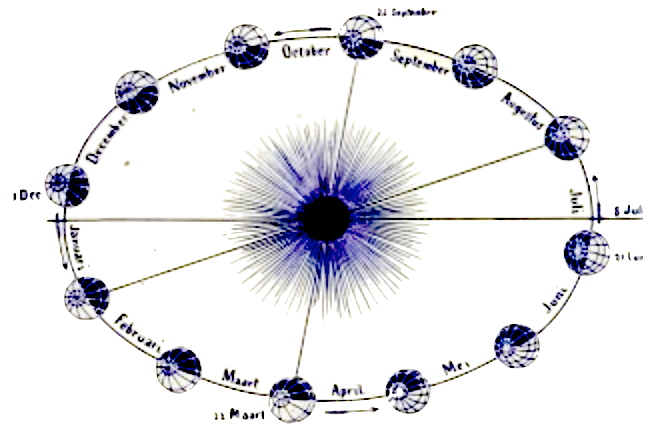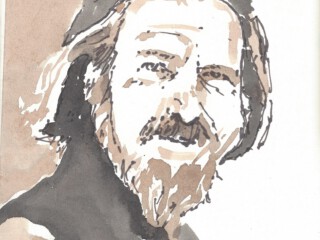Xenophanes – (ca.580-ca.485 BC)
“Homer and Hesiodotus have attributed to the gods all the things that are disgraceful and degrading to mortals: theft, adultery and lies.”
“The mortals think that the gods are begotten like them, and have clothes, a voice and form if they … yea, if the oxen and horses and lions had hands and could create works of art, like men, the horses would be gods portray as horses, the oxen on the other hand as oxen. ”
“The Ethiopians blacken their gods with snub noses; the Thracians say theirs have blue eyes and red hair. ”
“In reality, people have never known and will never know anything certain about the gods.”
“The gods have not revealed everything to mortals from the beginning, but in time people find the better as they search.”
(From: Jonathan Barnes, Early Greek Philosophy, Penguin Books, 1987)
Xenophanes – (ca.580-ca.485 vC)
‘Homerus en Hesiodotus hebben aan de goden alle dingen toegeschreven die schandelijk en onterend zijn voor de stervelingen: diefstal, overspel en leugen.’
‘De stervelingen menen dat de goden verwekt zijn evenals zij, en kleren, een stem en gestalte hebben als zij… ja, als de ossen en paarden en leeuwen handen bezaten en kunstwerken konden scheppen, zoals de mensen, zouden de paarden de goden als paarden afbeelden, de ossen daar-entegen als ossen.’
‘De Ethiopiërs maken hun goden zwart met stompe neuzen; de Thraciërs zeggen dat de hunne blauwe ogen en rood haar bezitten.’
‘In werkelijkheid hebben de mensen nooit iets zekers aangaande de goden geweten en zullen dat ook nooit weten.’
‘De goden hebben heus niet vanaf het begin alles aan de stervelingen geopenbaard, maar met-tertijd vinden de mensen, al zoekend, het betere.’
(Uit: Jonathan Barnes, Early Greek Philosophy, Penguin Books, 1987)






